Get your real estate questions answered
Commonly Asked Financial Questions
Pre-qualification is a quick estimate of how much you might be able to borrow, usually based on self-reported information. Pre-approval, on the other hand, involves submitting financial documents and credit history to a lender, making it far more reliable when you’re ready to make an offer.
t depends on your goals, down payment, and credit score. Conventional loans are popular, but FHA, VA, and USDA loans offer great terms for qualified buyers. We’ll help connect you with a lender to find the best fit based on your financial picture.
You’ll need to factor in property taxes, homeowner’s insurance, HOA fees (if applicable), maintenance, and utilities. A safe estimate is to add 20–30% to your base mortgage payment to cover all housing costs.
PMI is typically required if your down payment is less than 20% on a conventional loan. It protects the lender, not the buyer. Some loan programs or higher down payments can help you avoid or eventually remove PMI.
Yes! Many lenders allow gift funds from family or approved sources, and there are local and national grant programs that assist first-time buyers. Documentation is key, and your lender can guide you through the process.
Higher credit scores generally result in lower interest rates and better loan terms. A small increase in your score could save you thousands over the life of your loan. If needed, we can connect you with credit improvement resources before you buy.
Commonly Asked Buying Questions
Get pre-approved for a mortgage. Getting pre-approved helps you understand your budget and shows sellers you’re serious. Without it, you could fall in love with a home that’s out of reach—or miss out on one because you’re not ready to act.
While 20% is often recommended, many buyers qualify with as little as 3–5% down. Closing costs typically range from 2–5% of the home’s price. We can help you estimate these accurately for your situation.
In a competitive market, we may suggest offering above asking price, shortening contingencies, or including an escalation clause. Every situation is different, and we’ll guide you strategically.
A general home inspection is essential, but depending on the property, you might also consider termite, roof, sewer, or mold inspections. We’ll advise based on the home’s age and condition.
Skipping pre-approval, underestimating costs, overbidding emotionally, or bypassing inspections. Our job is to protect you from these missteps and make the process smooth.
Yes, but timing is crucial. We can help you align both transactions, use contingencies to protect you, or explore bridge loan options if needed.
You have options: renegotiate the price, pay the difference, or exit the deal (if protected by a contingency). We’ll help you handle it without stress.
Commonly Asked Selling Questions
We conduct a Comparative Market Analysis (CMA), reviewing recent similar sales, current competition, market trends, and your home’s unique features. It’s a data-driven approach.
Extremely. Professionally staged and photographed homes sell faster and for more money. Buyers form first impressions online in seconds—we make sure yours stands out.
Expect agent commissions, closing costs, potential repairs, and possible concessions to the buyer. We’ll provide a full net sheet so you understand your estimated take-home amount.
We’ll assess market feedback, adjust pricing or marketing, and ensure your listing stays competitive. Often, small tweaks can make a big impact.
It’s best to leave. Buyers are more comfortable exploring and envisioning themselves in the home without the seller present.
We analyze each offer thoroughly, present pros and cons, and negotiate on your behalf to protect your interests. You’ll never feel pressured—only informed.
The home enters escrow. Inspections, appraisals, title work, and final paperwork take place. We manage timelines and communication so everything closes smoothly.
Commonly Asked Renting Questions
Many landlords look for a score above 600, but that’s not a hard rule. With a co-signer, additional security deposit, or strong income, you may still qualify. We have extensive experience working with low credit score renters.
Yes, in some cases—especially if the property has been on the market for a while or you’re willing to sign a longer lease. We’ll guide you through it professionally.
Most landlords require the first month’s rent and a security deposit. Some also ask for the last month’s rent upfront. We’ll clarify exactly what’s due and when.
Generally, you’re responsible for basic upkeep (e.g., lawn, light bulbs), while landlords handle structural issues or major repairs. Your lease will outline everything.
Yes! Whether you’re relocating for work or need flexible housing, we can connect you with furnished or short-term options.
Ready to Make Your Next Move?
Let’s Find Your Dream Home or Sell for Top Dollar
Whether you’re buying, selling, or just exploring your options, we’re here to guide you every step of the way. Get expert advice, local market insights, and personalized support. Contact us today and let’s make your real estate goals a reality!
